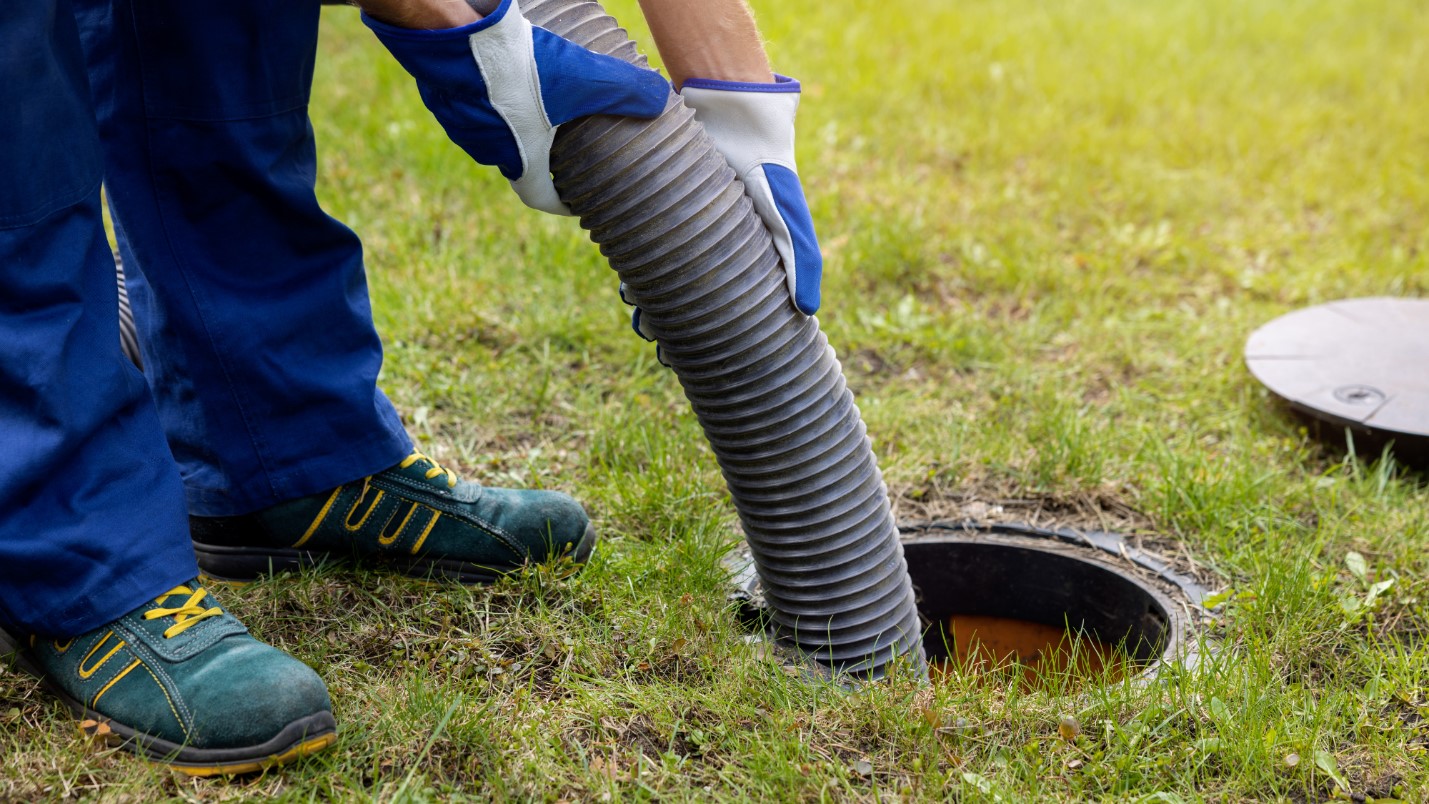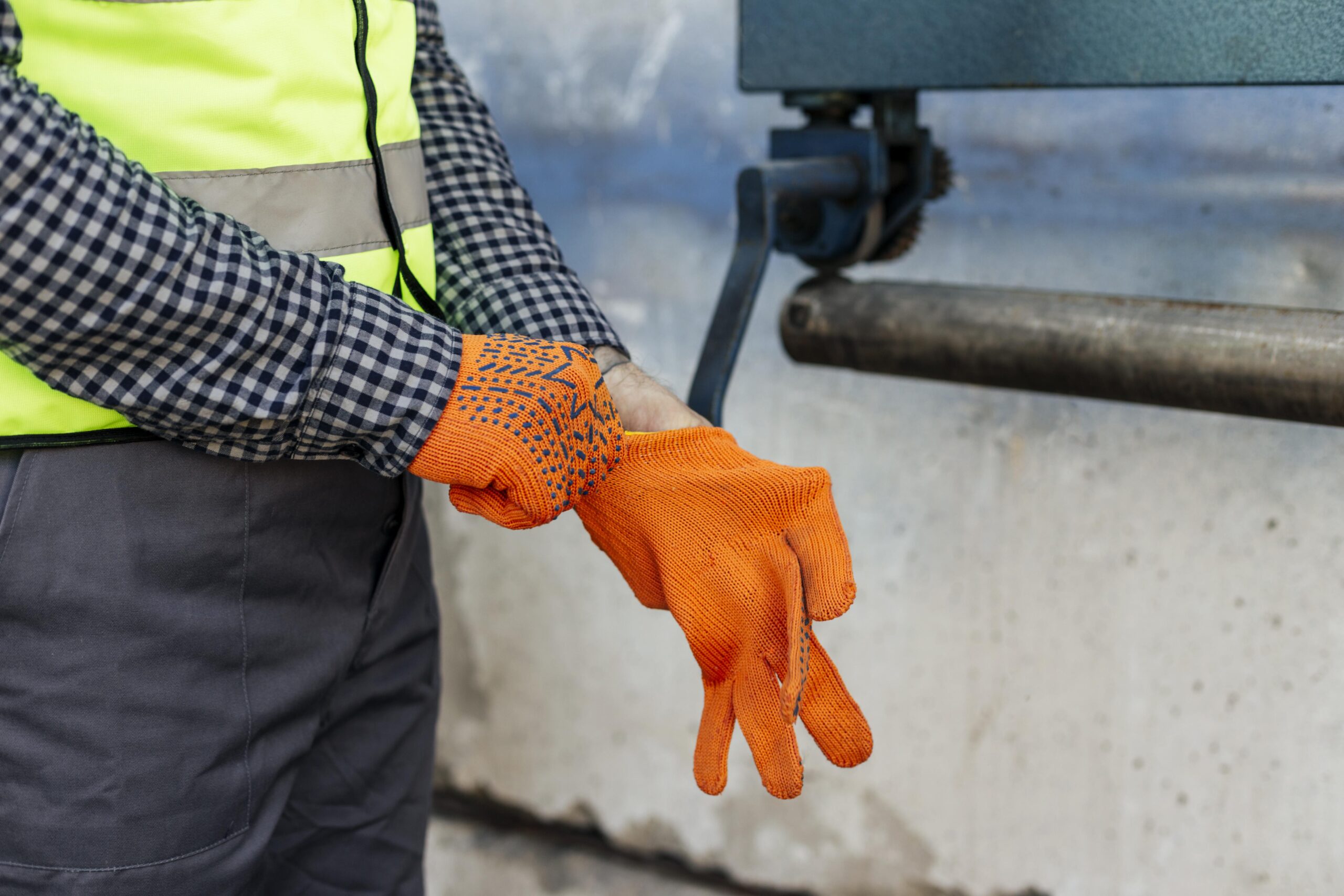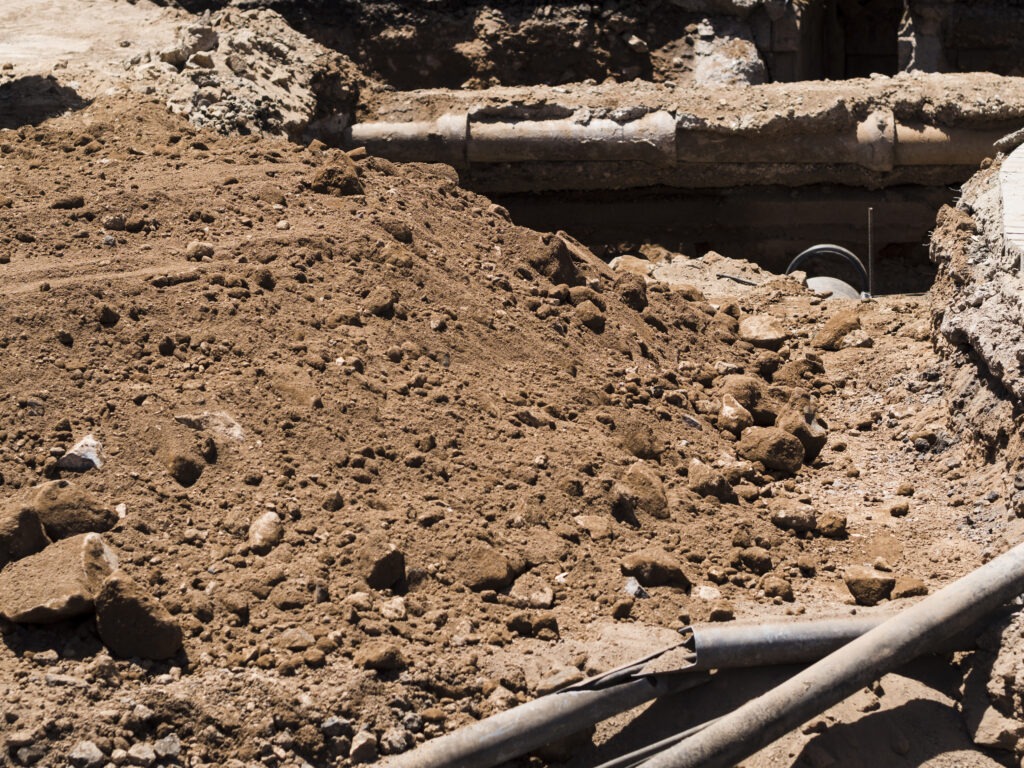When properly maintained, your septic system efficiently processes household waste, preventing contamination and costly repairs. However, many homeowners unknowingly make mistakes that can shorten their septic system’s lifespan and lead to expensive fixes.
To help you avoid these pitfalls, we’ve outlined some of the most common septic tank mistakes and how to prevent them. By following these tips, you can keep your septic system Sonoma County functioning smoothly for years to come.
Installing a Garbage Disposal
While garbage disposals make kitchen cleanup easier, they are not septic-friendly. Using one can significantly increase the amount of solid waste entering your septic tank, potentially overwhelming the system. Unlike human waste, food scraps, grease, and small bones do not break down easily, leading to clogs and more frequent pump-outs. Make sure your household knows what not to put down your drains and consider alternatives for disposing of food waste.
Better Alternative
Instead of using a garbage disposal, consider composting food waste whenever possible. Composting is an eco-friendly option that reduces the strain on your septic system while providing nutrient-rich material for your garden.
Neglecting Regular Septic Tank Pumping
Routine tank pumping is essential to prevent septic system failures. Over time, solid waste accumulates at the bottom of your tank, reducing its capacity and increasing the risk of backups. A neglected septic tank can lead to slow drains, unpleasant odors, and even groundwater contamination.

Recommended Pumping Schedule
- Every 3-5 years for an average household
- More frequently for large households or heavy water users
Failing to pump your septic tank can cause your drain field to become clogged, resulting in costly repairs. Regular professional septic maintenance keeps your system running efficiently and saves you from unexpected expenses.
Flushing Solid Waste or Non-Biodegradable Items
Your septic system is designed to handle human waste and toilet paper, nothing more. Flushing non-biodegradable materials can lead to severe blockages, backups, and even system failure.
Avoid Flushing These Items
- Cat litter: It doesn’t break down and can create stubborn clogs.
- Eggshells and coffee grounds: These solid particles accumulate in pipes, leading to blockages.
- Paper towels, wet wipes, and feminine hygiene products: Unlike toilet paper, these items do not dissolve easily.
To maintain a healthy septic system, only flush human waste and septic-safe toilet paper. Everything else should go in the trash.
Overloading the System with Excess Water
Using too much water at once can overwhelm your septic tank and leach field. When excess wastewater enters the system, it doesn’t have enough time to settle, pushing solids into the drain field and potentially causing long-term damage.

Water Conservation Tips
- Take shorter showers.
- Install water-efficient showerheads and faucets.
- Turn off the tap while brushing your teeth or shaving.
- Fix leaks promptly to prevent unnecessary water waste.
- Spread laundry loads throughout the week instead of doing multiple loads in one day.
By managing water use wisely, you can prevent overloading your septic system and extend its lifespan.
Using Harsh Chemical Cleaners
Many household cleaning products contain chemicals that can kill the beneficial bacteria in your septic tank crucial to the wastewater treatment process. These bacteria are essential for breaking down solid waste. Without them, waste builds up faster, leading to blockages and malfunctions.
Septic-Safe Cleaning Alternatives
- Use vinegar and baking soda as natural cleaning agents.
- Choose biodegradable, septic-safe detergents and soaps.
- Avoid antibacterial cleaners and bleach-based products.
Switching to natural or septic-safe cleaners helps maintain a healthy balance of bacteria, ensuring your septic system functions properly.
Ignoring Signs of Septic System Problems
Your septic system will give warning signs when something is wrong. Ignoring these signs can lead to costly and potentially hazardous failures.
Signs Your Septic System Needs Attention
- Slow-draining sinks and toilets
- Gurgling sounds in plumbing fixtures
- Foul odors near drains or in the yard
- Pooling water or soggy spots in your yard
- Sewage backups in your home
If you notice any signs of septic trouble, contact a septic system professional immediately. Addressing small problems early can prevent them from becoming major (and expensive) repairs.
Get Professional Septic System Maintenance Today!
Septic systems are complex, and even minor issues can escalate into costly problems if left unaddressed. Regular inspections and professional maintenance ensure your system remains in peak condition.
At L.J. Construction, our team of septic system specialists has years of experience installing, servicing, and replacing septic systems. Whether you need routine maintenance, emergency repairs, or a complete system replacement, we’re here to help.
If you need expert advice or professional septic services, L.J. Construction is here to help. Our team is committed to keeping your septic system running smoothly and efficiently. Don’t wait! If your septic needs inspected and serviced, contact us now or give us a call at (707) 823-0247 to schedule service today!
President / Owner, L J Construction
LJ Construction is a family owned and operated business that was founded in 1966. We provide full-service septic tank repair, installation and maintenance. With years of experience in commercial and residential projects, our goal is to find a solution to all of your system issues. We adhere to the highest industry standards.
Our reputation is built on our name and we are proud to say LJ Construction offers more than integrity alone, we offer effective results. LJ Construction is licensed and insured and we look forward to serving you!

